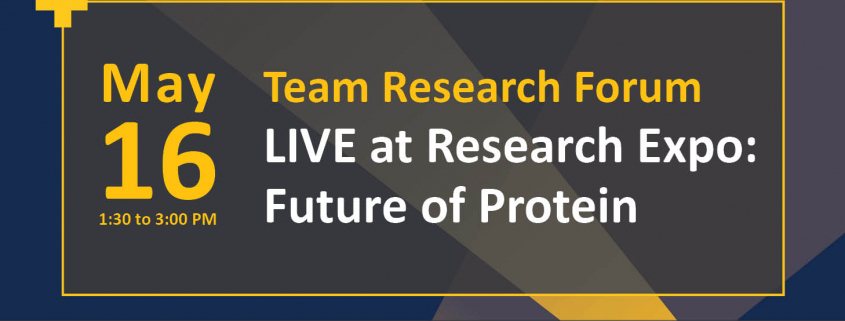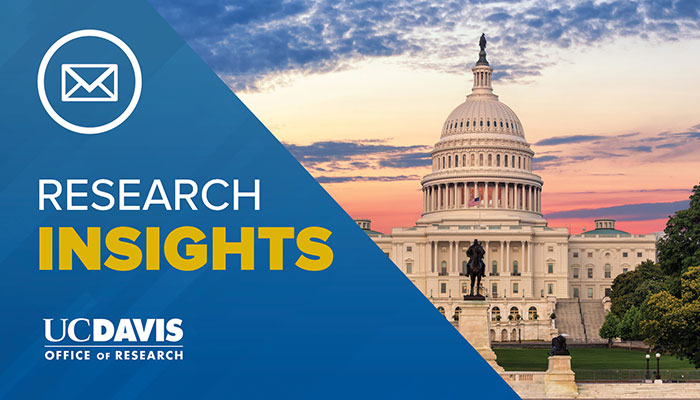Team Research Forum: Future of Protein – Watch Video
As the population grows and protein consumption continues to increase, the question of how we produce enough protein to meet the needs of society is becoming more important and increasingly difficult to answer. Join the UC Davis Office of Research on Tuesday, May 16th at 1:30pm as we explore this topic with a LIVE Team Research Forum at the Research Expo!
Learn how UC Davis research is developing alternate sources of protein, improving the nutritional quality and climate resilience of protein crops, using AI to enable protein discovery, preparing for the technical hurdles facing commercialization of alternate protein sources, predicting the social and economic impacts of new protein sources, and much more.
View Recording
This event is part of the UC Davis Research Expo, a one-day event that showcases the latest research-related insight, resources, opportunities and tools to help you advance your research. The event includes exhibits, presentations, workshops and opportunities to network with potential collaborators. We welcome you to enjoy the full event or attend portions that are of particular interest.
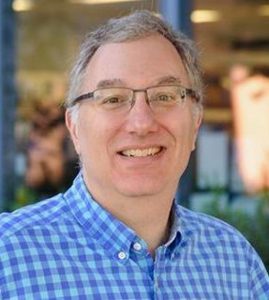 David Block
David Block
Dr. Block is a professor in the Department of Chemical Engineering, Ernest Gallo Endowed Chair in the Department of Viticulture and Enology, and heavily involved in the UC Davis Cultivated Meat Consortium. He holds a B.S.E. and Ph.D. in chemical engineering from the University of Pennsylvania and the University of Minnesota, respectively.
Dr. Block’s research is focused on technology for wine fermentations and biopharmaceutical fermentation optimization based on historical process data and artificial intelligence. That research has extended into the exploration of whether cultivated meat – essentially, animal protein grown under lab conditions – will be a viable supplement to traditional agriculture.
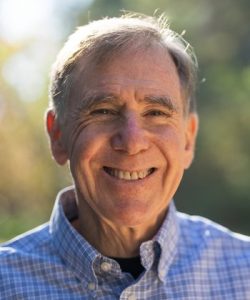 Daniel A. Sumner
Daniel A. Sumner
Dr. Sumner is the Frank H. Buck Jr. Distinguished Professor in the Department of Agricultural and Resource Economics. He is also the director of the University of California Giannini Foundations for Agricultural Economics. He holds a BS in agricultural management from California State Polytechnic University, San Luis Obispo, an MS in economics from Michigan State, and a Ph.D. in economics from the University of Chicago.
Dr. Sumner’s academic research, teaching and outreach have concentrated on challenges facing farms, agricultural industries, and consumers including such issues as projecting supply, demand and price for farm inputs and outputs, food demand tied to farm-based product attributes, and competition among firms, regions, and industries. Much of his research has focused on international trade and government subsidy and regulatory policy.
Dr. Sumner was a senior economist at President Reagan’s Council of Economic Advisers and was appointed by President George H.W. Bush and confirmed by the U.S. Senate as the Assistant Secretary for Economics at USDA. He led economics, statistics and forecasting work at USDA with oversight over more than 1,000 professional economists and statisticians.
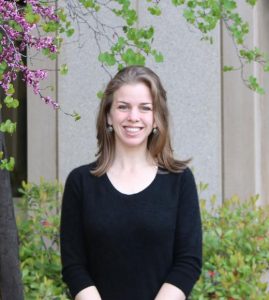 Christine Diepenbrock
Christine Diepenbrock
Dr. Diepenbrock is an assistant professor in the Department of Plant Sciences. She holds a B.A. in Molecular Biology and Biochemistry from Washington University in St. Louis and a Ph.D. in Plant Breeding and Genetics from Cornell University.
Dr. Diepenbrock’s research aims to help understand and improve the nutritional quality and abiotic stress resilience of staple and specialty crops, to ensure a food supply sufficient in quality and quantity for the long term. Her group also aims to help train plant scientists and develop international and multi-disciplinary linkages to carry on these efforts in a broader cross-section of crops and geographies.
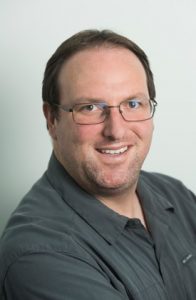 Justin Siegel
Justin Siegel
Dr. Siegel is an Associate Professor of Chemistry, Biochemistry & Molecular Medicine, at UC Davis in the Genome Center. He received his B.S. in Biochemistry from UC Davis in 2005 and his Ph.D. in Biomolecular Structure and Design from the University of Washington in 2011, after which he returned to UC Davis to begin his research lab.
Dr. Siegel’s scientific focus is the design and discovery of enzymes of interest to modern society. Through strong industrial and cross-disciplinary collaborations, he has engineered enzymes for a wide range of applications, including therapeutics development, natural product production, enhancing nutrient bioavailability, and fuel or chemical production.
Dr. Siegel is co-inventor on over 100 global patents and has over 50 publications. He is also a founding member of six companies (Bio Architecture Labs, PvP Biologics, Digestiva, Peak B, New Syn, SFS Advisors), three international consortiums (Rosetta Commons Board, FoodShot Global, Innovation Institute for Food & Health), and two national consortiums (D2D Cure, AI Institute for Next Generation Food Systems). Collectively these groups have raised over $400M to advance their efforts with over 100 global partners over the last 10 years.
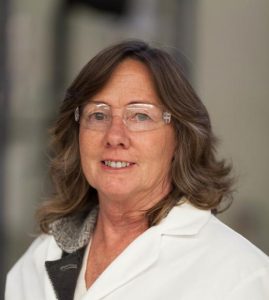 Karen McDonald (Moderator)
Karen McDonald (Moderator)
Dr. McDonald is a professor in the Department of Chemical Engineering. Her lab, the McDonald-Nandi Lab is developing novel expression systems and bioprocess engineering technologies to produce recombinant proteins, including human therapeutic proteins, enzymes for cellulose degradation, and biopolymers for materials applications, using whole plants, harvested plant tissues or plant cells grown in-vitro in bioreactors.
Latest News & Events

